Science Articles
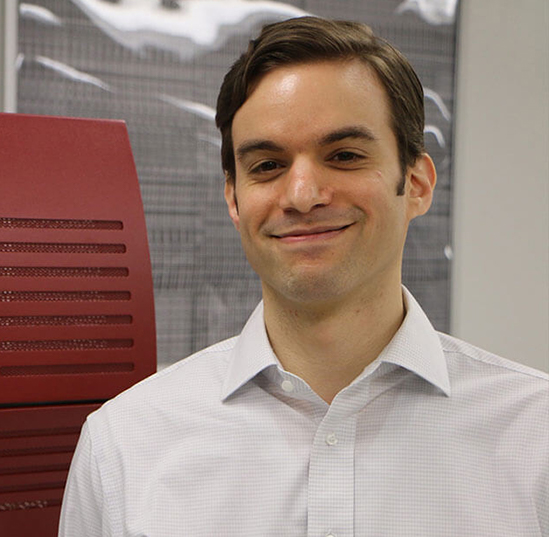
New technology patented by researchers at the Florida Institute for Cybersecurity (FICS) Research which promises a new way to detect recycled (previously used) and counterfeit electronic parts, especially chips.
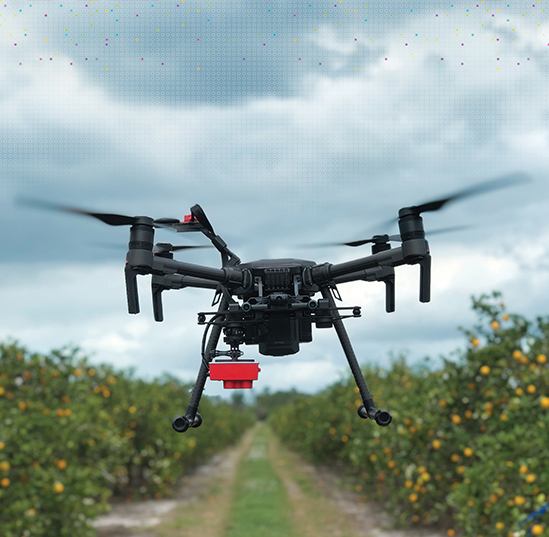
In the first agricultural revolution, mechanization changed life on the farm. In the second, chemicals drastically increased yields. In the third, genetics produced hybrid plants, boosting yields yet again. What will artificial intelligence capabilities do for agriculture in the fourth revolution?
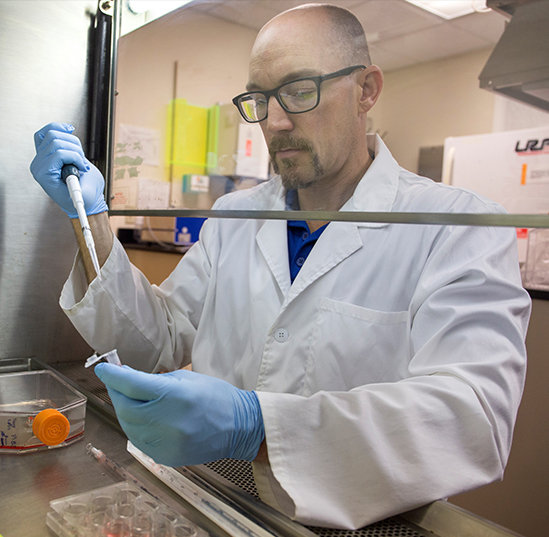
Scientists at the University of Florida Institute of Food and Agricultural Sciences are one step closer to learning the factors that ultimately lead to characteristic differences in mosquito offspring – a key takeaway in the make-up of mosquito species and a critical finding in the continued research of mosquito-borne illnesses.
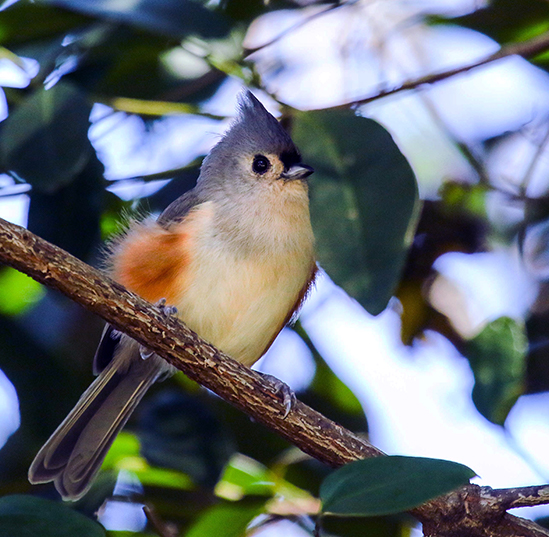
Bird aggression often occurs between birds of the same species. However, a new study found that birds of both the same and different species will be drawn to watch the fight and can influence the fighters.
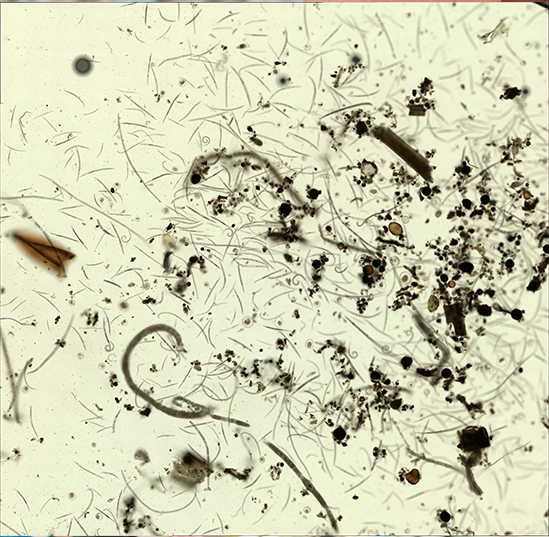
Parasitic nematodes cause $125 billion in agricultural damage around the world each year, but University of Florida scientists hope to alleviate some of that destruction. To do so, UF researchers will use artificial intelligence (AI) to try to more rapidly identify nematodes.
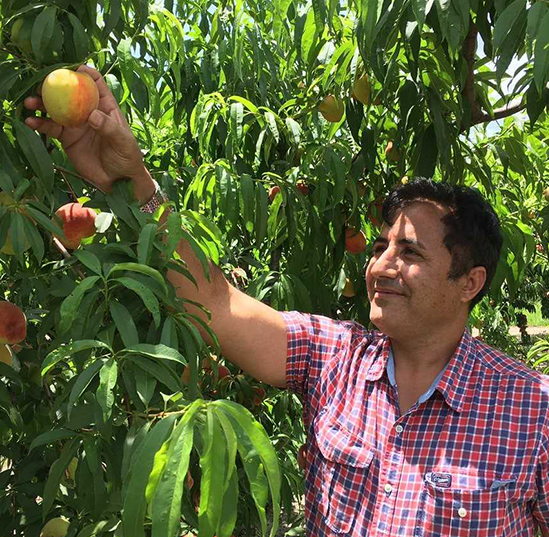
Flooding poses an issue for all crops, and studies show that floods will increase as climate change continues to challenge growers around the globe. New research from UF scientists found three peach rootstocks that can survive flooding.
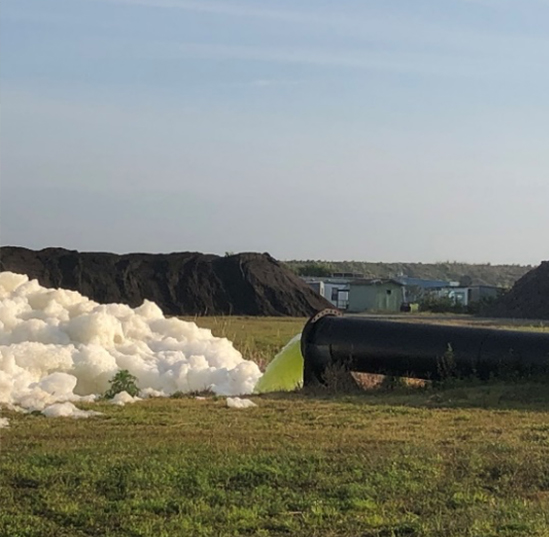
Scientists in the University of Florida’s newly established Center for Coastal Solutions (CCS) and collaborators from the Ocean Conservancy are researching and tracking the ecological effects of the Piney Point reservoir leak into Tampa Bay.
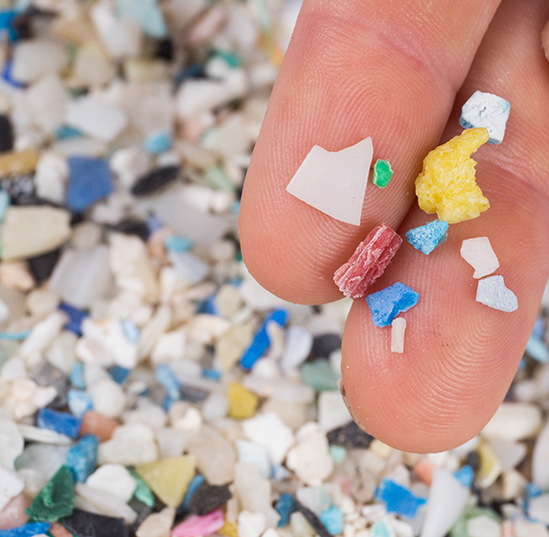
Researchers conducting a planned University of Florida-led study on plankton in two lagoons of the Florida Keys stumbled upon an unexpected presence in the course of their routine sampling: microplastics.
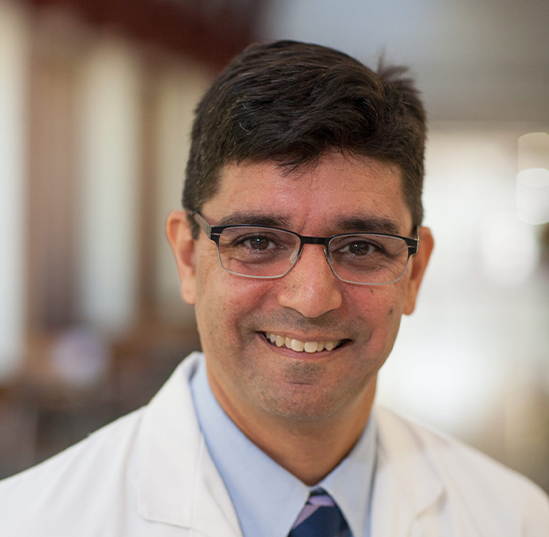
From church pulpits and Zoom town halls to administering the vaccine in the Swamp, Dr. Mike Lauzardo is seemingly everywhere in his quest to contain COVID-19. Read his optimistic answer to the question on everyone’s mind: When will things return to normal?
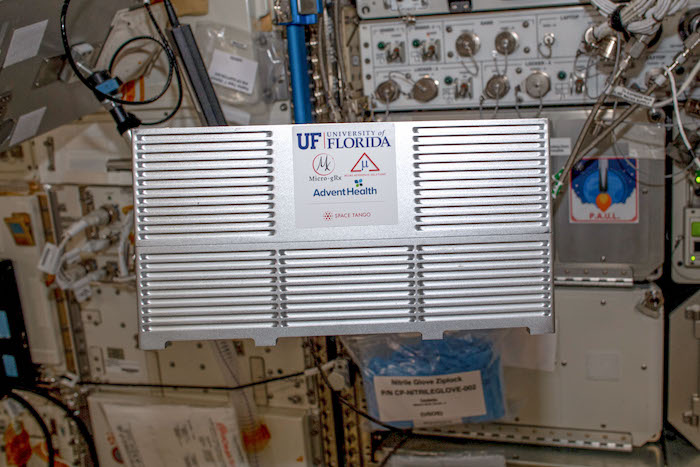
Microgravity speeds up changes to muscle mass, making it possible to study what’s happening and paving the way for treatments.
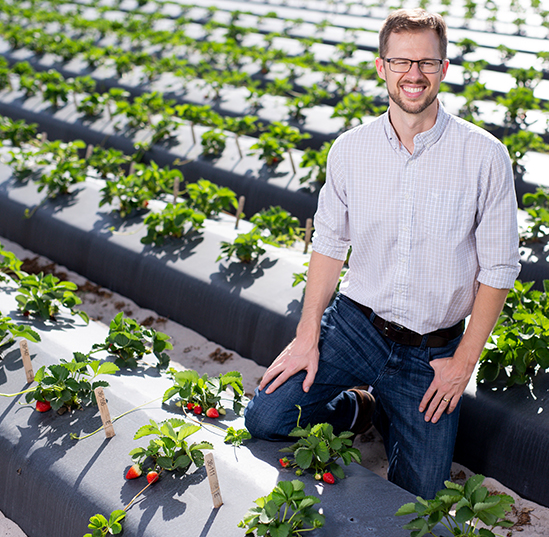
A tastier strawberry may come from a computer. New University of Florida research shows artificial intelligence can help scientists breed more flavor into the fruit.
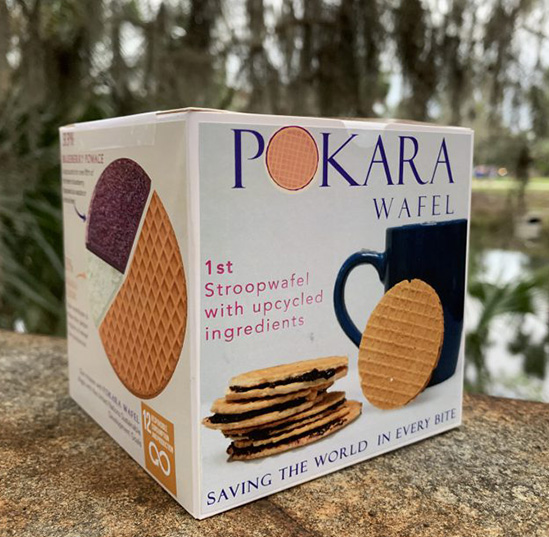
More than 80 billion pounds of food are wasted each year in the United States. For a team of graduate students in the UF/IFAS College of Agricultural and Life Sciences, this number was a catalyst to do something differently.
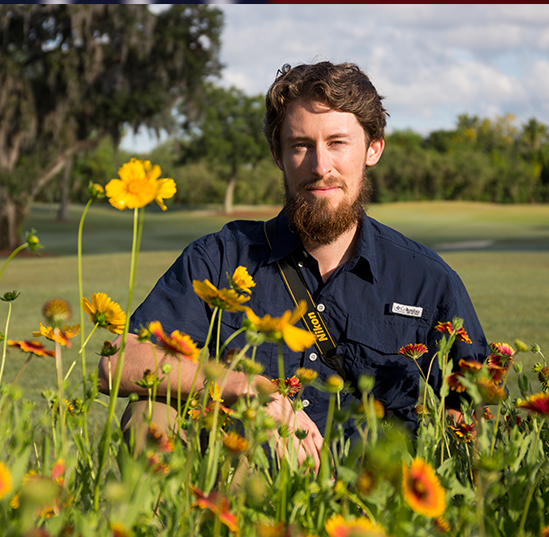
It may come as a surprise to know that about half of the land at golf courses is not actually used to play the game. Adam Dale, a UF/IFAS assistant professor of entomology, wants to do something useful with the rest of the acreage at golf courses. Specifically, he’d like to see more wildflowers benefit from pollinating insects.